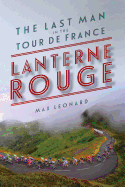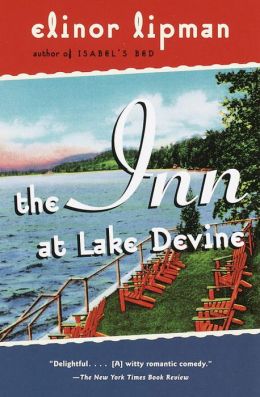 |
| photo: Philippa Gedge |
Born in London in 1980, James Smythe has worked as a computer game writer and currently teaches creative writing. He also writes a blog for the Guardian. His previous novels include the Wales Book of the Year 2013 winner The Testimony, The Explorer and the Clarke Award–shortlisted The Machine. His new book, No Harm Can Come to a Good Man, was recently published by HarperCollins360.
On your nightstand now:
I'm trying very, very hard to only read books published in 2015 this year, which means my bedside table has collapsed under the weight of enormous hardbacks. Right now I'm swimming--engulfed, drowning, perhaps more accurately--in Hanya Yanagihara's A Little Life, which is just extraordinary. I know, so much has been said (or is currently being said) about it, but it's worth every bit of the praise. It's insane, how able she is to bridge so many characters and never lose them. I'm basically in awe. Ryan Gattis's All Involved was before that, and it's similarly superb--I keep dipping back to certain passages to make notes about the deep envy I feel for his skill. But then there's the last book I finished in 2014, William Gibson's The Peripheral, which I can't seem to let go of--such a ridiculously well-realized world, with a central story (as with so much of his work) so plausible and yet terrifying and yet wonderful and yet OH GOD that you never want it to end.
Oh, and there's also some nonfiction books, which are all research. James Barrat's Our Final Invention (about A.I.), Eric Schlosser's Command and Control (about the Cold War), Douglas R. Hofstadter's Gödel, Escher, Bach (about math and equations) and a giant coffee-table book about the history of Vogue magazine. My nightstand is crumbling under the strain.
Favorite book when you were a child:
I used to be in love with this kids' book called Tubby Tin and the Munching Moon. Basically: the moon is alive and eats everything. It's wonderful. I'm sure it's terrifying, as well, and probably explains a LOT of my adult neuroses, but there we go. Aside from that, I can chart my transition of loves: Narnia > Hardy Boys > Christopher Pike > Stephen King.
Your top five authors:
Five. Tough.
Okay, and in no particular order. Stephen King, Margaret Atwood, David Mitchell, Michael Chabon, Shirley Jackson, Bret Easton Ellis.
Hang on, that's six, right? Oh. I'm terrible at self-editing.
Kazuo Ishiguro. See? Terrible self-editor.
Book you've faked reading:
Ha. Okay. So, here's a confession. I'm doing a thing for the Guardian newspaper, where I reread every Stephen King book and write about them. (You can find it here.) So, I've read them all before. Ish. See, I told a little lie. There's one that I haven't read. I forgot that I hadn't. I will be admitting to this in the article, as we haven't reached it yet, but yeah. Pretty egregious lie that calls into question every other book I claim to have read, right?
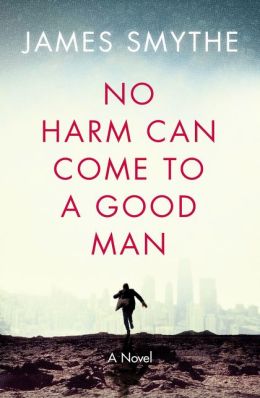 Book you're an evangelist for:
Book you're an evangelist for:
Austin Wright's Tony & Susan. This is one of the best books I have ever read. It was first published in 1993, and then it disappeared. Then it was republished in 2010 by publishers with a good eye for a lost classic. And it's absolutely that. Amazing novel, terrifying and gripping. Maybe my favorite thriller ever, which given that it's a book about somebody reading a book, is quite something.
Book you've bought for the cover:
For me, covers are all about the re-buy. So I'll get a copy with a review cover, or a hardback, and then there'll be an amazing paperback or a special edition that means I'll double-dip. Sometimes triple-dip. Recent purchases based on a) a love of the books and b) the covers are Jeff VanderMeer's Area X; the U.S. anniversary super-shiny edition of Tom Wolfe's The Bonfire of the Vanities; the limited-edition exposed-spine edition of Ruth Ozeki's A Tale for the Time Being. I'm an idiot who buys too many books.
Book that changed your life:
Stephen King's On Writing. Which really does hammer home how hard you need to work to actually be any good at this writing lark.
Favorite line from a book:
"O dark dark dark. They all go into the dark." That's from T.S. Eliot's Four Quartets, which have provided an enormous inspiration for me in my writing.
Which character you most relate to:
Merricat Blackwood from We Have Always Lived in the Castle by Shirley Jackson
Book you most want to read again for the first time:
I'd really like to read Mark Z. Danielewski's House of Leaves for the first time. That book astounded me. I read it on a beach, aged 18, and I remember having to run to find a bathroom with a mirror so that I could read the bits that are printed in reverse; even though it was blisteringly hot, the middle of the day, I was scared. Actually genuinely unsettled. Rare for books to frighten me, and that really did. I want that feeling again.
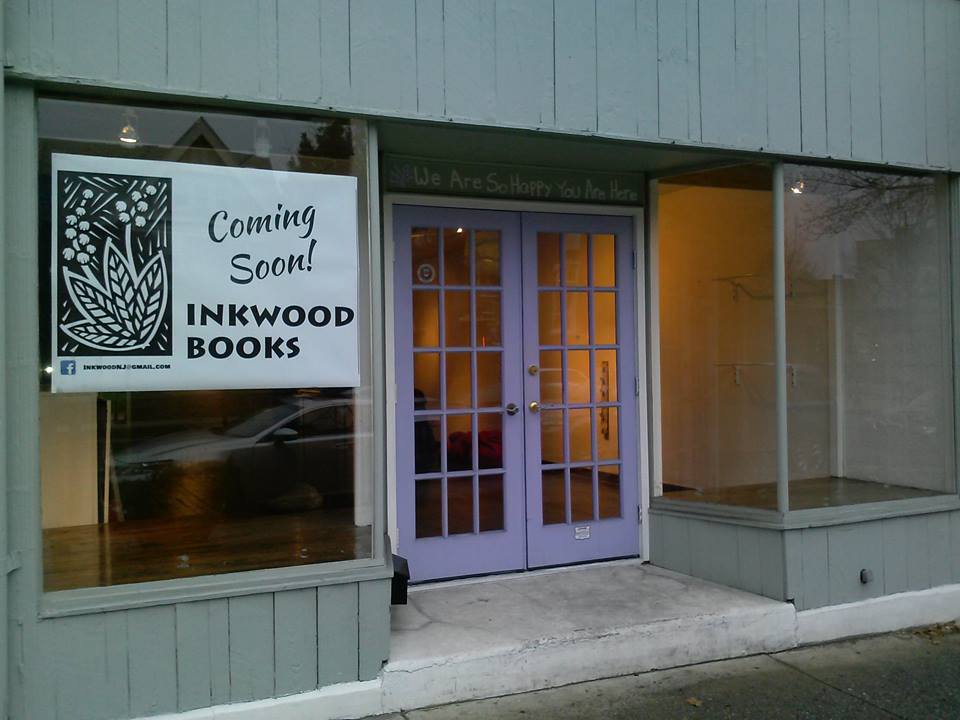 The inspiration for the new bookstore came to Julie in February, when she noticed that the Book Swap, her town's only indie, had closed. An environmental attorney, she had been "looking for a change that would give her more time with her 10-year-old twin boys." She immediately texted her sister, who had purchased Inkwood from longtime co-owners Carla Jimenez and Leslie Reiner in 2013, suggesting the possibility of a second Inkwood store.
The inspiration for the new bookstore came to Julie in February, when she noticed that the Book Swap, her town's only indie, had closed. An environmental attorney, she had been "looking for a change that would give her more time with her 10-year-old twin boys." She immediately texted her sister, who had purchased Inkwood from longtime co-owners Carla Jimenez and Leslie Reiner in 2013, suggesting the possibility of a second Inkwood store. 


SHELFAWARENESS.1222.S1.BESTADSWEBINAR.gif)


SHELFAWARENESS.1222.T1.BESTADSWEBINAR.gif)
 The two
The two  And Other Stories Publishing
And Other Stories Publishing Steve and I started with a quick stop at
Steve and I started with a quick stop at  Bright and early the next day, we hit the road and traveled to Concord, N.H., the state capital, where in September 2013,
Bright and early the next day, we hit the road and traveled to Concord, N.H., the state capital, where in September 2013, 



 The highlight of
The highlight of 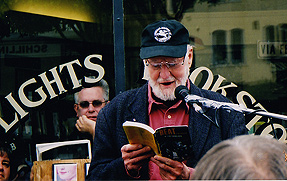 On NPR's Morning Edition yesterday, Richard Gonzales profiled
On NPR's Morning Edition yesterday, Richard Gonzales profiled 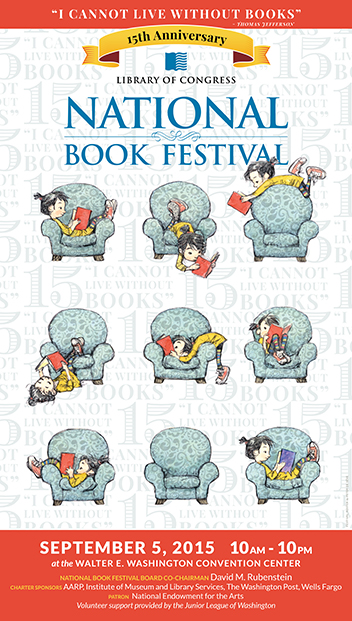 The Library of Congress has unveiled this year's
The Library of Congress has unveiled this year's 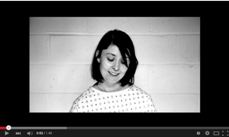 The Hopeful
The Hopeful
 Book you're an evangelist for:
Book you're an evangelist for: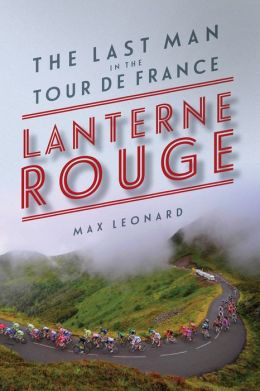 Even non-cycling fans recognize the Tour de France as the sport's biggest annual event. Naturally, the attention of the press and the viewer is focused at the front of the race, where attacks, group sprints and winners are born. In Lanterne Rouge: The Last Man in the Tour de France, Max Leonard directs overdue consideration to a different segment of the Tour, where he finds a less fairytale-like but very sincere story.
Even non-cycling fans recognize the Tour de France as the sport's biggest annual event. Naturally, the attention of the press and the viewer is focused at the front of the race, where attacks, group sprints and winners are born. In Lanterne Rouge: The Last Man in the Tour de France, Max Leonard directs overdue consideration to a different segment of the Tour, where he finds a less fairytale-like but very sincere story.